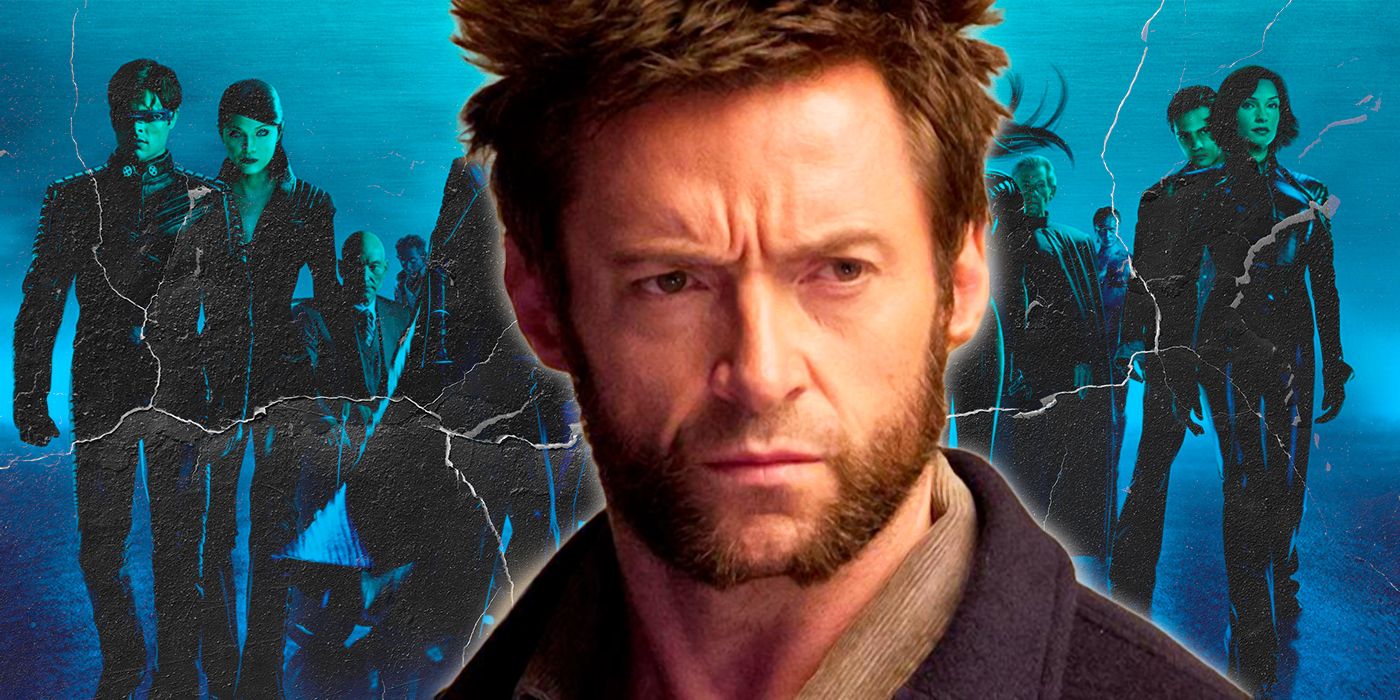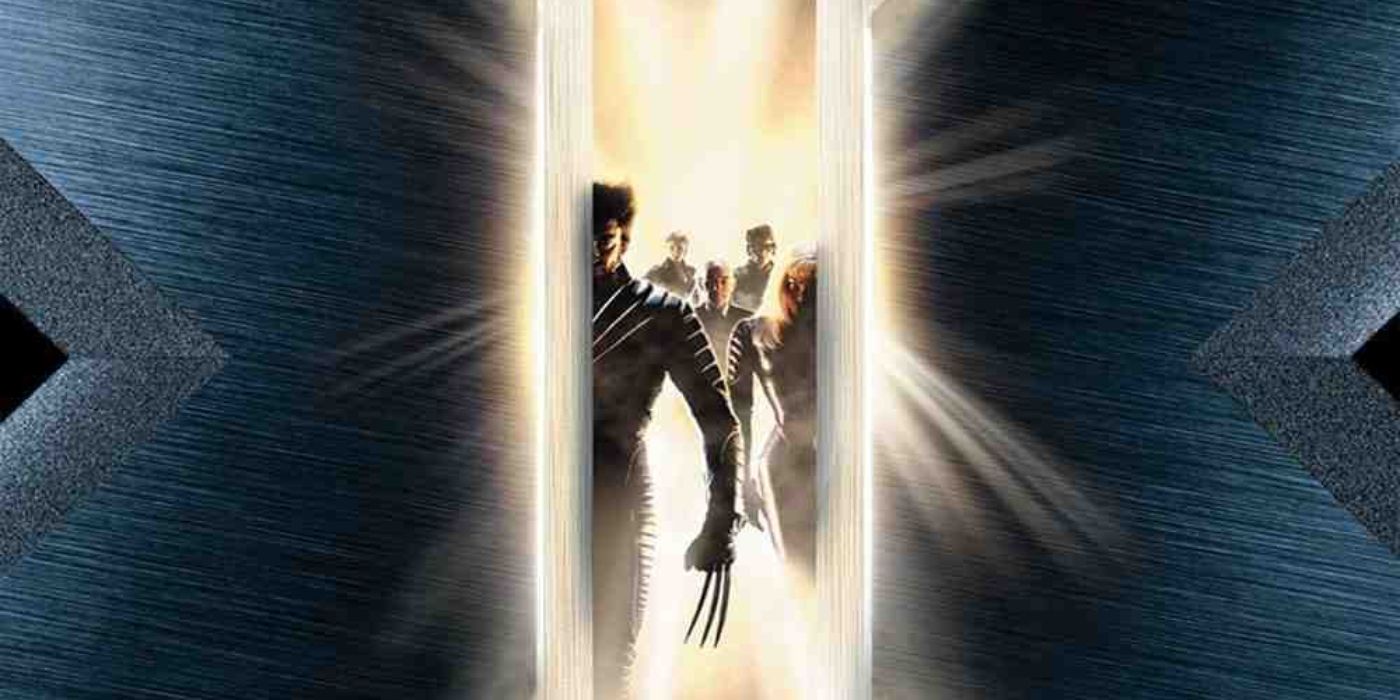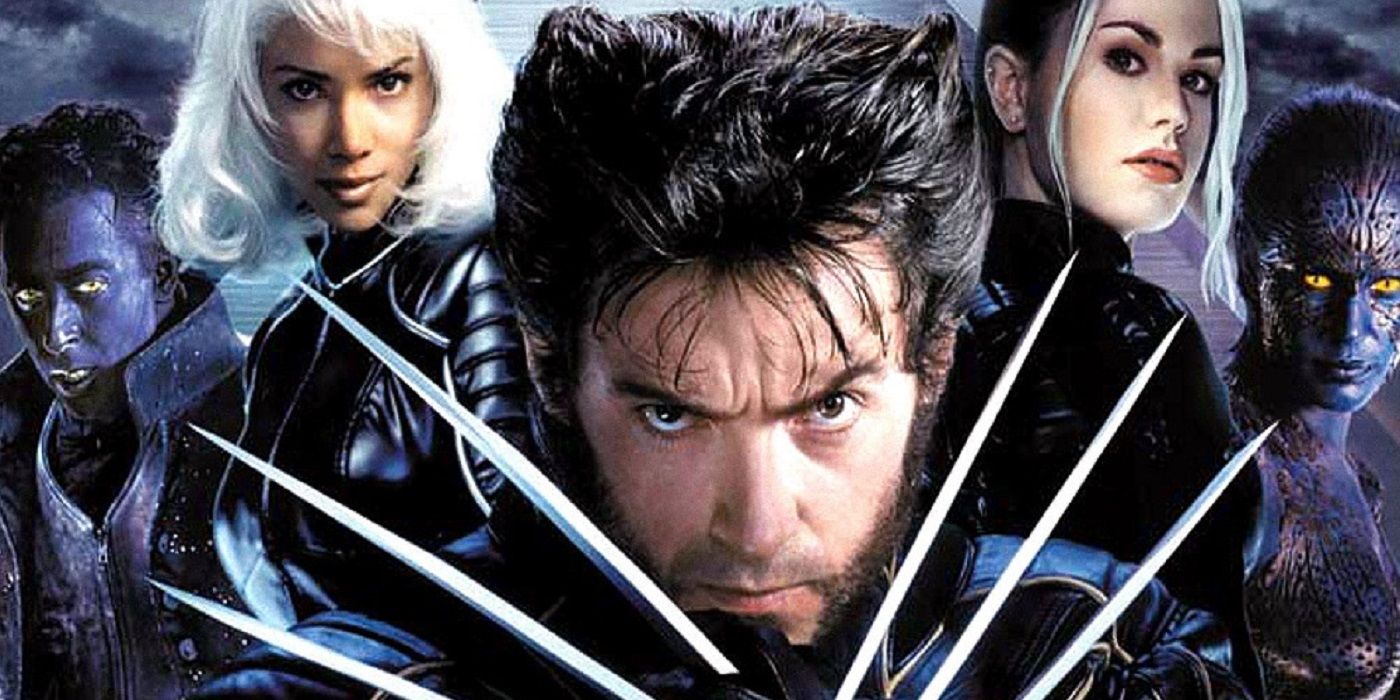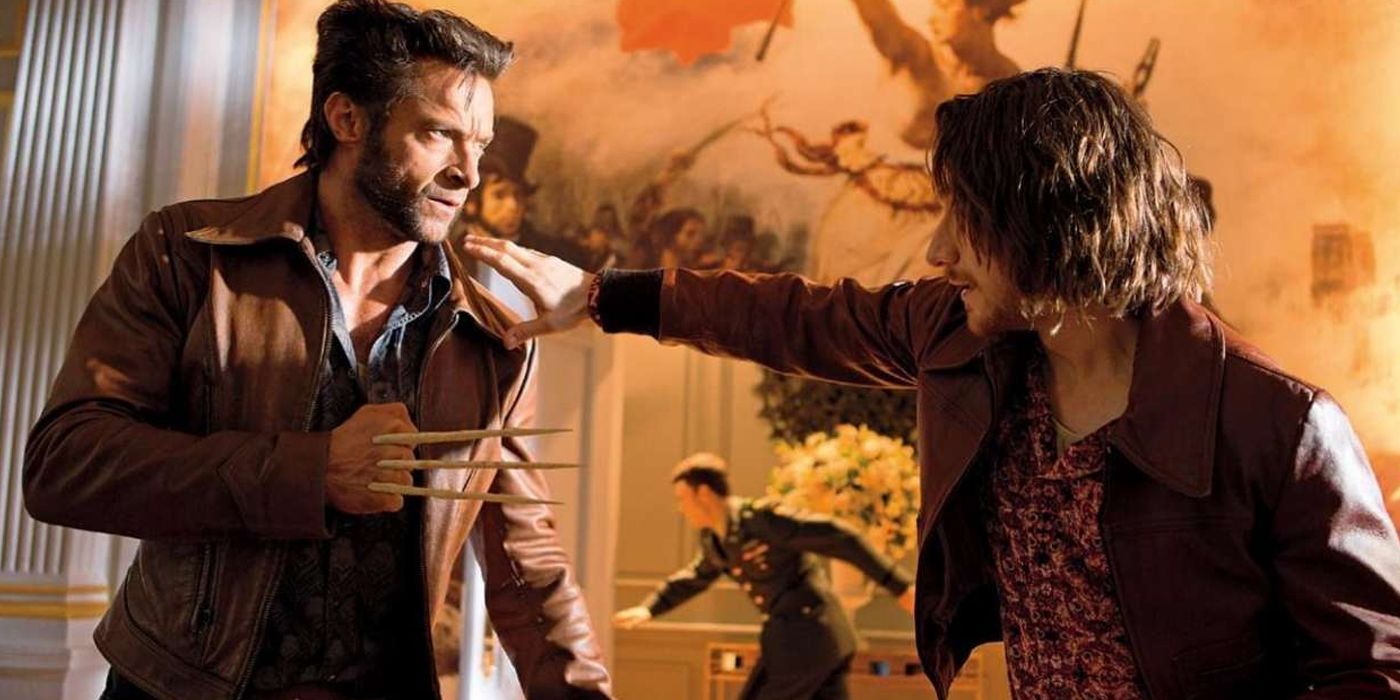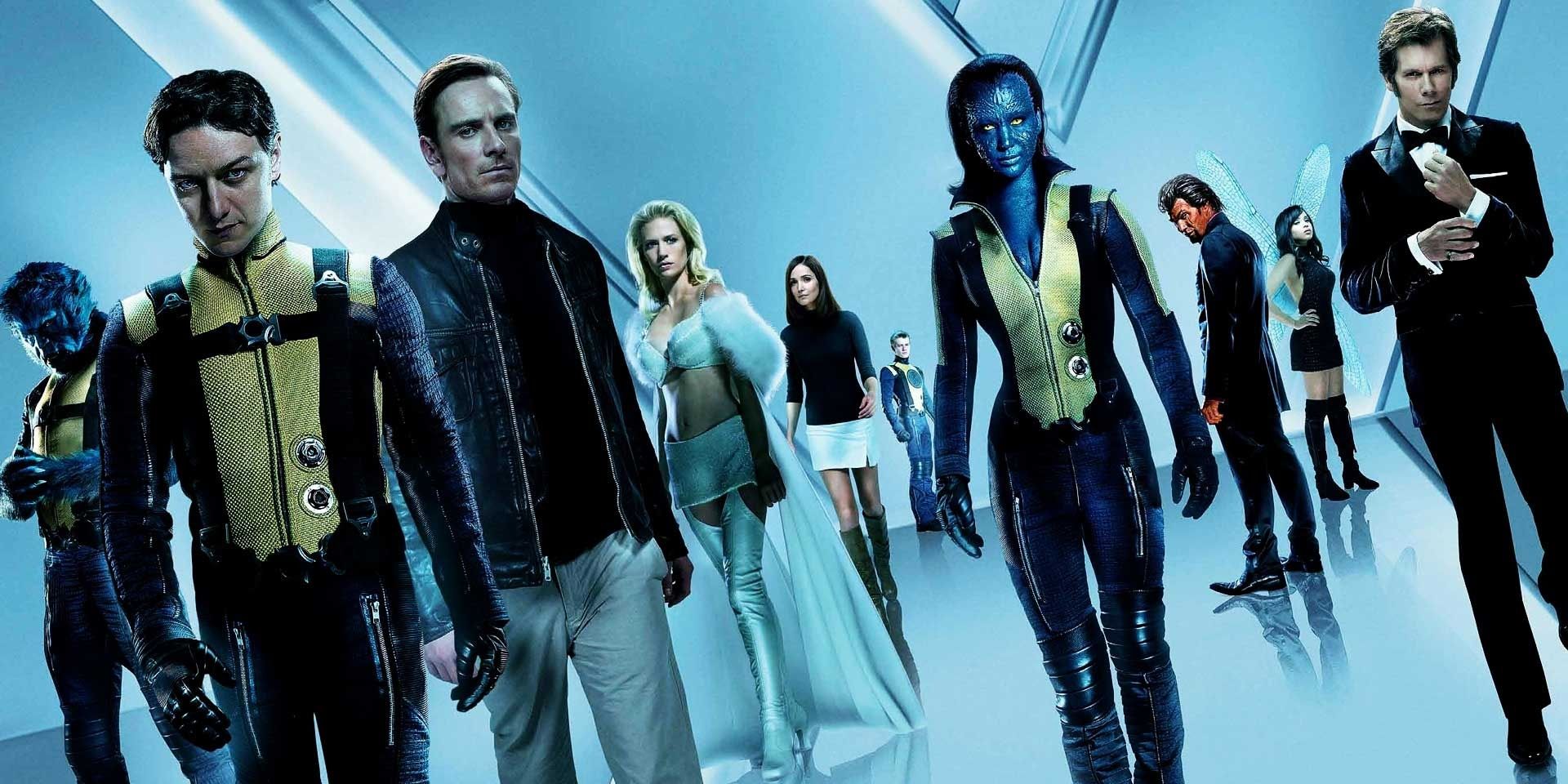While the Marvel Cinematic Universe has done its best to make sense of its Multiverse and the timeline issues that may arise from it, the franchise wasn't the first to dabble in time travel. In fact, that particular award would go to the Fox X-Men films. At first, things began to get muddled following the release of X-Men: Days of Future Past. While the movie itself was exciting, it established the new timeline from X-Men: First Class was actually tied to the previous films, which made things more confusing.
While the timeline itself had its ups and downs, a new Reddit theory believes that some sense could be made from the main X-Men films, The Wolverine and Logan, and that answer is tied to the moment in Logan where he chastises Laura and Professor X over the X-Men comics she read. According to him, maybe a quarter of what's in those comics happened, which in turn may have confirmed which movies were canon and which took their own narrative liberties.
Only Three X-Men Films Are Canon
In factoring in Logan's life and his experiences, primarily based on what he said, the theory posits that X-Men, The Wolverine and Logan are the only honest representations of his history. In essence, these were the quarter of the stories that happened that Logan mentioned to Laura. This makes the most sense as well, as they are the most grounded films in the franchise. Granted, there's still a fantastical quality to the stories, but at their core, these films don't go beyond the realm of realism set by Logan. It also proven that life as a Mutant was tough and filled with loss, as it wasn't easy to live with powers.
X2 And The Last Stand Are Unreliably Retold
While the events of X2: X-Men United and X-Men: The Last Stand did happen, they weren't reliable retellings of these adventures. This helps prove that of the quarter that happened, not all of it was like it was in these books. This could be best proven by the concept that the events of the films, while grounded, still had more extravagant instances that went against the nature of the "real" movies and their events. This could be shown by Professor X's actions trying to kill every Homosapien in the world, as well as an all-out war with the Brotherhood of Evil Mutants and the effects of The Dark Phoenix.
Days Of Future Past Masked A Darker Reality
On top of his claims that only part of what's in the comics actually happened, Logan mentions how in the real world people die. This line mattered because of what happened with Jean Grey and the events that led to the deaths of many Mutants when Professor X had his first seizure. Essentially, X-Men: Days of Future Past represented a happier ending where no one died, created by the writers who lived through it. The future was rectified with everyone surviving and a more optimistic present than the real one, but this is not the real course of events. Instead, the real future was the one in Logan, where Mutants were all but extinct, and Logan was the one forced to take care of the ill Charles Xavier.
The More Recent X-Men Films Bring Logan's Comics Full Circle
Based on this theory, X-Men: First Class, X-Men: Apocalypse and Dark Phoenix were all meant to be fictional movies based on the comics that were inspired by Logan's reality. It may be confusing at a glance, but it's clear the more it's examined. For starters, the more recent X-Men films were more vibrant and more like the comics in that the heroes and villains all wore uniforms similar to what the comics had offered. However, the biggest tell of the film's roots was the sliding timeline where a series set over 40 years seemed to not be reflected in the ages of the actors. Introducing a sliding timescale makes it easy to see that these films were set in any tangible reality. While this theory may not be confirmed, it's a clever way to prove that the continuity of these films wasn't distinct for a reason.

